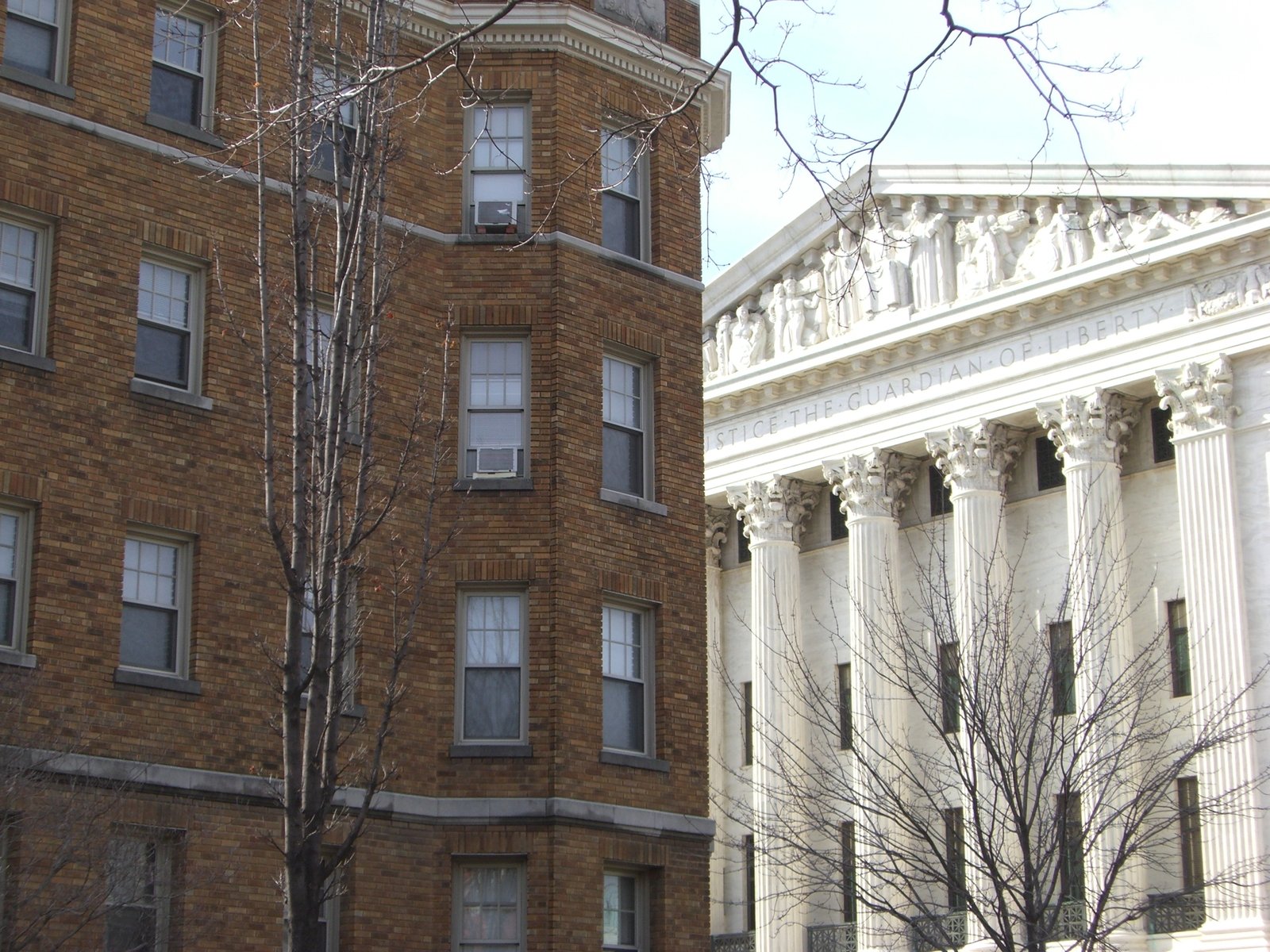

THE USPTO has been compelled to improve its work (notably the quality of patents). PTAB would otherwise invalidate patents granted by the examiners. SCOTUS, moreover, delivered several decisions in recent years which overturned the Court of Appeals for the Federal Circuit (CAFC). It wasn't just Alice but almost half a dozen different decisions. Not much has changed in SCOTUS except the death of Scalia and arrival of a much younger replacement. So if everything goes as expected, SCOTUS will soon defend PTAB, whose function has been invaluable in the crackdown on patent trolls (and SCOTUS does, in fact, use the term "trolls"). The case about PTAB is known as Oil States Energy Services v Greene’s Energy Group or just Oil States for short. We have published a few dozens of posts about it and the timetable of this case is getting clearer, having already reached the deadline for submission of briefs (advice to the court/Justices).
Three pending cases have the potential to reshape – or even eliminate – inter partes review, a procedure for challenging patent validity introduced by the 2011 America Invents Act (“AIA”). On November 27, the Supreme Court will hear oral argument in two of those cases. In Oil States Energy Services, LLC v. Greene’s Energy Group, LLC, the Court will hear whether IPRs before administrative law judges of the USPTO’s Patent Trial and Appeal Board (PTAB) are unconstitutional. In the second case, SAS Institute v. Matal, the Court will hear whether the PTAB must issue a final written decision on all claims challenged in an IPR petition or whether it may rule on only those claims as to which review was instituted. In the third case – yet to reach the Supreme Court – the Court of Appeals for the Federal Circuit recently decided en banc in Aqua Products that the burden in IPRs is on the petitioner to oppose claim amendments, not on the patent owner to justify them. We address these cases in turn.
The US Supreme Court will next week hear oral arguments in Oil States Energy Services v Greene’s Energy Group, which concerns the constitutionality of inter partes reviews (IPRs) – the controversial USPTO invalidity proceedings introduced by the America Invents Act.
Should the nine justices strike down IPRs it would send shockwaves through the American patent landscape, removing a process that has been condemned by many rights holders and celebrated by others. But, even if they don’t – and the majority opinion seems to be they won’t - the future of the inter partes review will not be guaranteed; it also faces several other political and administrative threats.
Created in 2012 and intended to provide a more effective, streamlined means of expunging dubious patent grants, particularly those owned by so-called “trolls”, IPR hearings have had a huge impact since their inception. At least 6,382 IPR petitions have been filed in the last five years, nearly 70% of which have been instituted. And in 82% of final decisions, at least one patent claim has been found invalid.
The fate of a major patent reform law, enacted in 2011 to improve patent quality, will hang in the balance on Monday, when the U.S. Supreme Court hears a constitutional challenge to one of its key provisions.
The law, the Leahy-Smith America Invents Act (AIA), created a fast, inexpensive, administrative mechanism whereby anyone can ask the U.S. Patent and Trademark Office to reassess the validity of a patent on certain grounds. Since the law came into effect, patent challengers have filed more than 7,700 petitions to trigger the procedure, known as inter partes review (IPR), according to Unified Patents, resulting in the cancellation of more than 20,500 patent claims—components of a patent that can serve as the basis for a lawsuit. Most of these claims were, in fact, being asserted in litigation at the time the IPR petitions were brought—often against multiple defendants. (Unified Patents is a company that tries to protect corporate clients from patent suits by, among things, bringing IPR proceedings.)
The accusers in the case, Oil States Energy Services v. Greene’s Energy Group, argue that taking private property is something only a court — not a government agency like the patent office — can do.
It’s hard to tell how the Supreme Court will rule. Patents are not standard-issue private property, like a plot of land. They are granted by the government to encourage innovation, a public good, because inventors might not invent without a period of exclusivity over the fruits of their idea.
[...]
In a brief to the court, the Initiative for Medicines, Access and Knowledge — a nonprofit group arguing for broader access to affordable medicines — argued that the patent office’s panel “is an important and necessary tool in the fight to lower drug prices because it allows the timely removal of unmerited patents, which promotes competition.”
Tahir Amin, a co-executive director of the initiative, added that “there are a lot of patent trolls trying to extort rents from low-quality patents.”
The Supreme Court has in recent years shown itself sympathetic to the argument that patent protections have become too restrictive. On half a dozen occasions since 2013, it has overturned decisions by Federal District Courts granting patent rights over what were ultimately fairly intuitive processes.